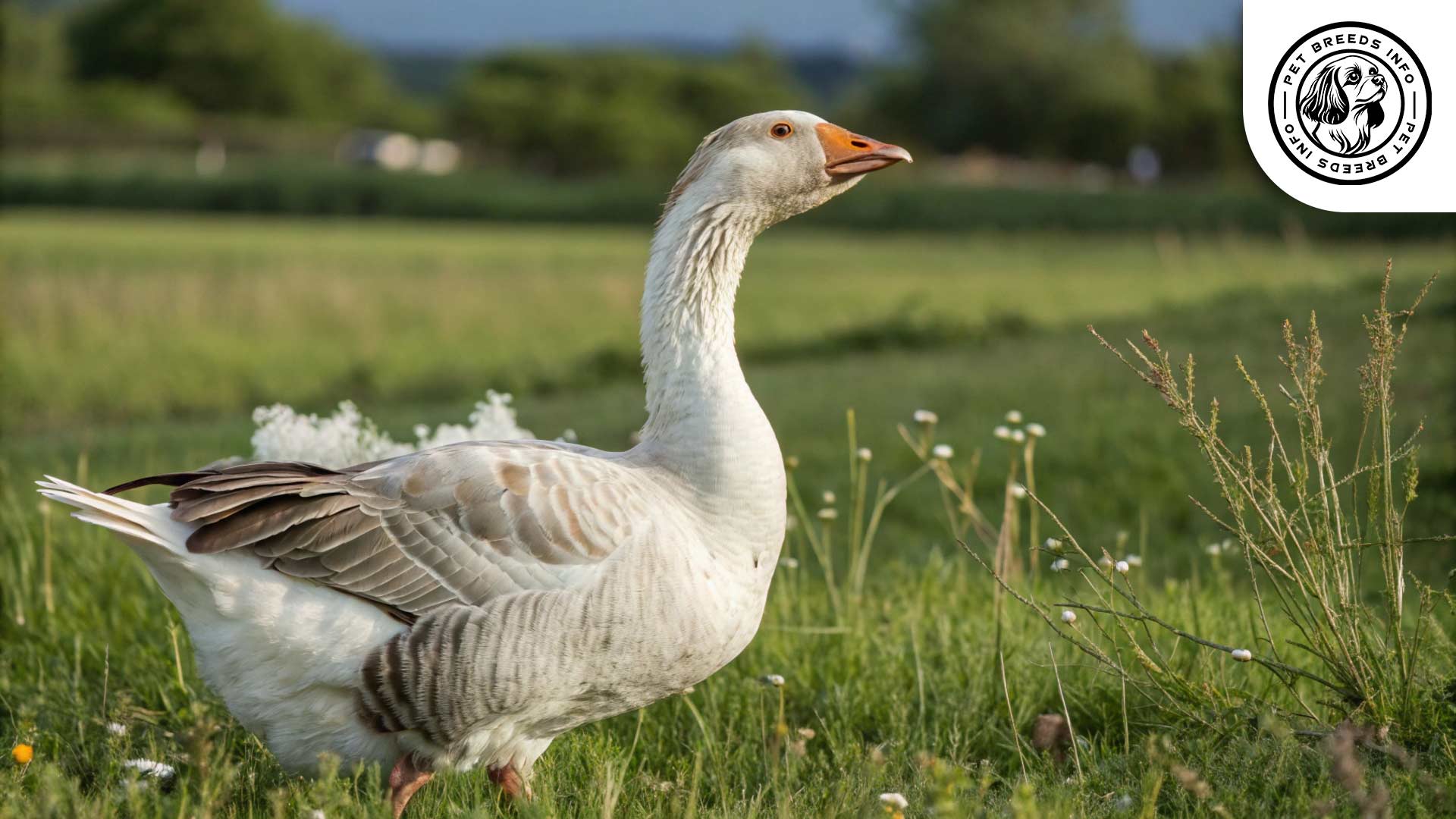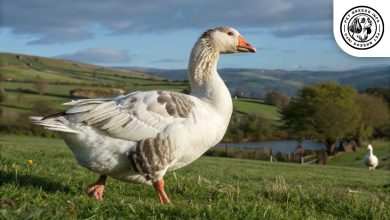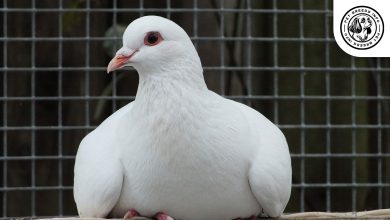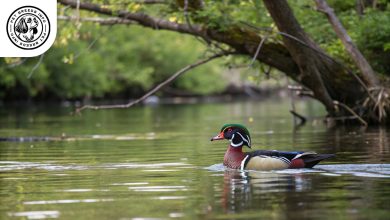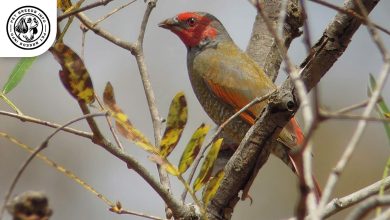Cotton Patch Goose Breed: Personality, Lifespan, Food & Care
General Introduction of the Breed
The Cotton Patch Goose is a rare and historically significant breed of domestic goose native to the southeastern United States. Named after its traditional use in weeding cotton fields, this breed was once a common sight on farms before modern agricultural practices led to its decline.
Unlike commercial goose breeds, Cotton Patch Geese were developed for sustainable farming, excelling in foraging and pest control. Their ability to thrive in warm climates and their friendly disposition make them a cherished heritage poultry breed.
Table of Contents
| Common Name | Cotton Patch Goose |
| Scientific Name | (Not mentioned in the text) |
| Origin | Southeastern United States |
| Size | Medium-sized (Ganders: 8-10 lbs, Geese: 6-8 lbs) |
| Lifespan | 10 to 15 years |
| Talking Ability | (Not applicable to geese) |
| Colors | Males: Primarily white with grayish markings; Females: Brownish-gray |
| Noise Level | Not as loud or assertive as some other goose breeds; vigilant and will alert to disturbances. |
| Social Behavior | Calm, friendly, form strong bonds with owners, interact well with children and other farm animals, playful. |
Physical Characteristics
Cotton Patch Geese are medium-sized birds, with males (ganders) weighing between 8 to 10 pounds and females (geese) slightly lighter at 6 to 8 pounds.
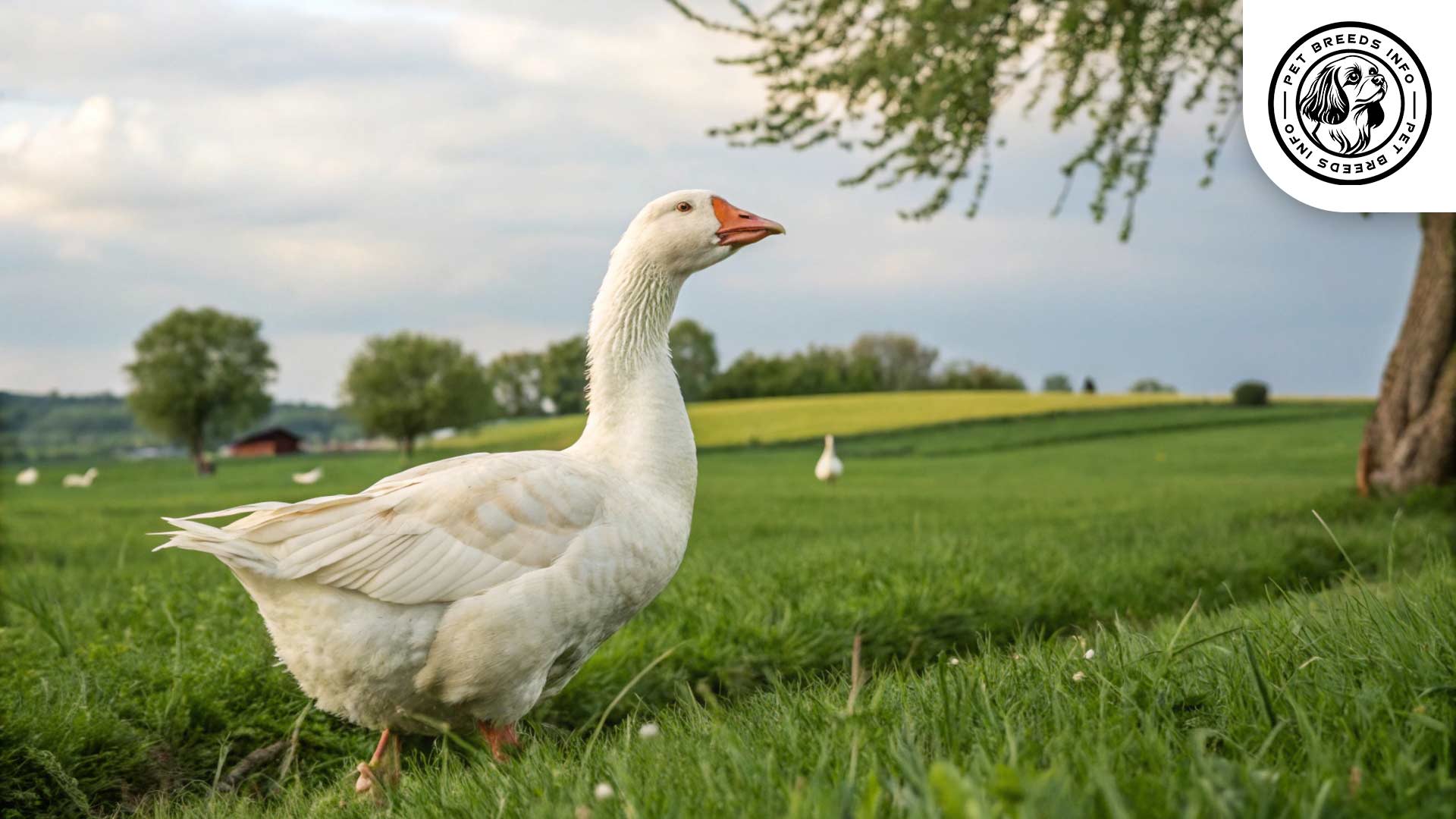
These geese display a sleek body with a lightweight frame, which allows for efficient foraging. The breed is known for its autosexing traits, meaning males are primarily white with grayish markings, while females have a brownish-gray coloration.
Their eyes are dark and expressive, typically brown in color. The beak and legs are an orange or pinkish hue, adding to their distinct, rustic appearance. They lack the excessive weight and large keel seen in commercial goose breeds, giving them better agility and endurance.
Read More: Congo African Grey
Personality and Temperament
The Cotton Patch Goose is known for its calm and friendly temperament. Unlike some other domestic geese, they are not overly aggressive and can form strong bonds with their owners.
They are highly intelligent and quick learners, often recognizing familiar humans and responding positively to interaction. While they are vigilant and will alert their owners to disturbances, they are not as loud or assertive as some other goose breeds.
Due to their gentle nature, they interact well with children and can coexist peacefully with other farm animals. They are naturally playful and enjoy foraging, making them well-suited for free-range environments.
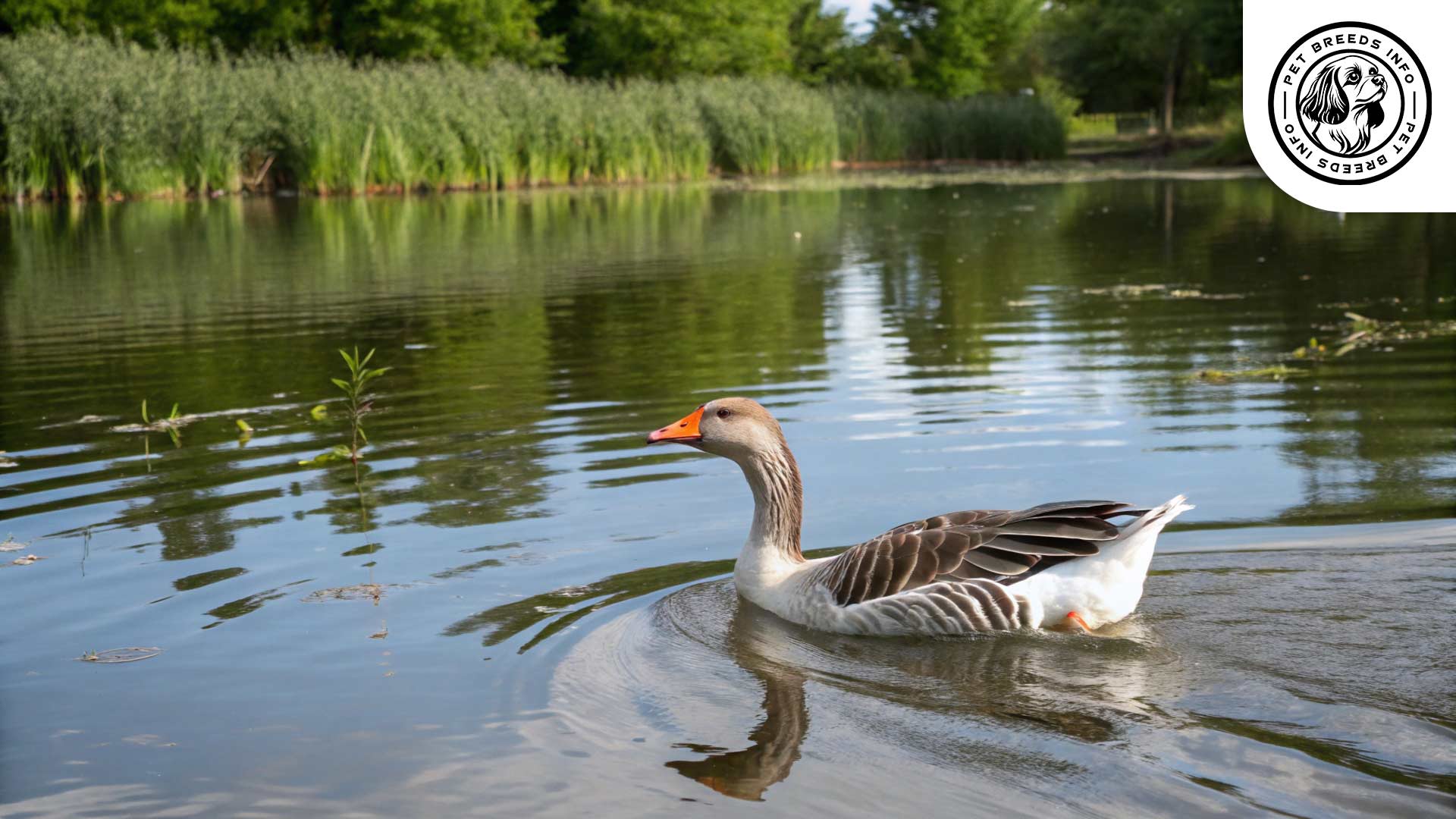
Care and Maintenance Requirements
Cotton Patch Geese are highly active and require ample space for foraging. They thrive in open pasture environments where they can graze on grasses and weeds.
They are well-adapted to warm climates but still need access to shade and fresh water to prevent overheating in extreme heat. Shelter should be provided to protect them from predators and harsh weather conditions.
Unlike some heavier goose breeds, they do not require frequent bathing, but they appreciate access to clean water for dipping and preening their feathers. Routine health checks, proper nutrition, and foot care will help keep them in good condition.
Diet and Nutrition
The Cotton Patch Goose is a highly efficient forager, thriving on a diet of grasses, weeds, and natural vegetation. Supplementing their diet with high-quality poultry feed, grains, and greens ensures a balanced nutritional intake.
They should avoid processed foods, salty snacks, and anything toxic to poultry, such as avocado, chocolate, and caffeine. Access to clean water at all times is essential for digestion and overall health.
Portion sizes depend on their activity levels and availability of natural forage, but typically, providing a mix of natural grazing and supplementary feed will keep them healthy.
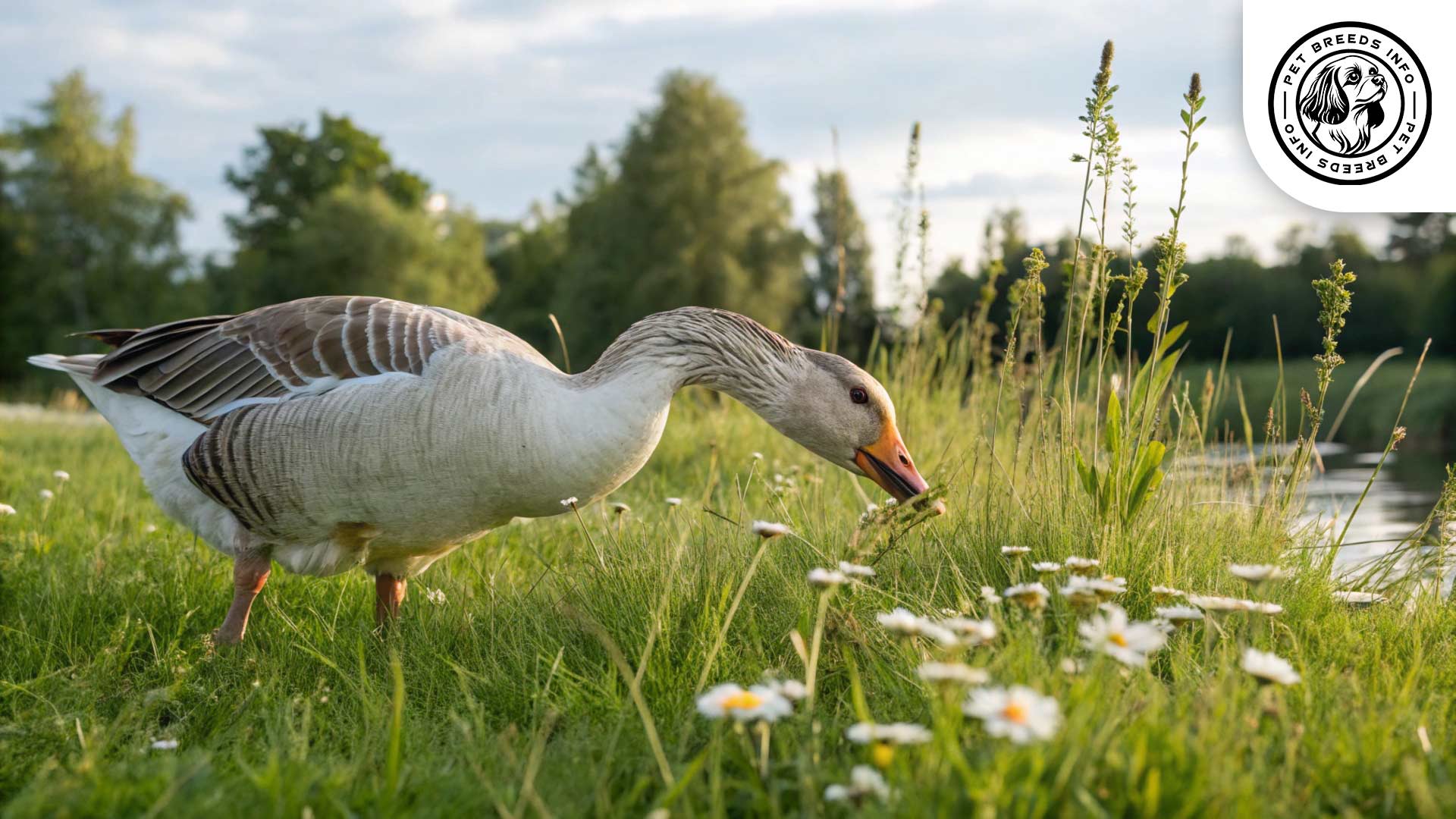
Health and Common Medical Issues
Cotton Patch Geese are generally hardy and resistant to many poultry diseases. However, they can be susceptible to common waterfowl ailments such as bumblefoot, external parasites, and respiratory infections if housed in poor conditions.
Regular deworming, occasional foot inspections, and maintaining a clean environment will help prevent most health issues. Their average lifespan ranges from 10 to 15 years with proper care.
Vaccinations are typically not required for small backyard flocks, but owners should consult veterinarians for specific regional risks or necessary preventive treatments.
Read More: Cinnamon Cockatiel
Training and Behavior Management
Training Cotton Patch Geese is relatively simple due to their natural intelligence. They can quickly learn to recognize feeding times, respond to calls, and follow routines.
Early handling and consistent interaction from a young age help establish trust and good behavior. They respond best to positive reinforcement, with food-based rewards and gentle guidance being the most effective training tools.
Socialization is also important, as geese that are raised in a friendly and calm environment are more likely to develop well-mannered and affectionate behavior.
Interaction with Other Animals and Humans
Cotton Patch Geese are excellent companions for families, as they are social and enjoy human interaction. They form strong bonds with their owners and even recognize individuals over time.
They coexist well with other poultry and farm animals, provided they are introduced properly. They tend to stick with their own flock but can also tolerate ducks, chickens, and other livestock in a shared space.
While not considered guard animals, they do exhibit some protective tendencies, particularly when raising goslings.
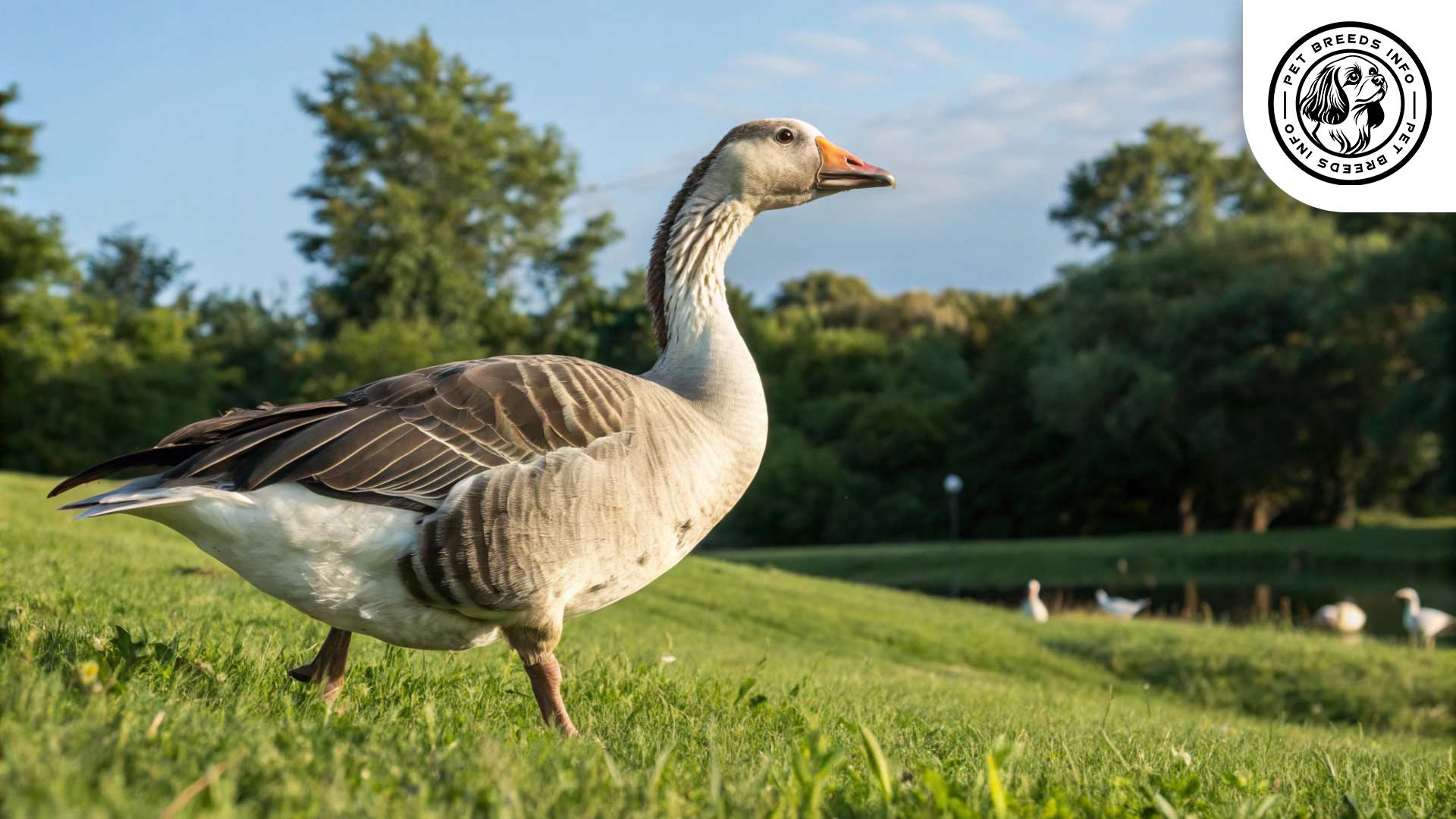
Price and Availability
Due to their rarity, Cotton Patch Geese can be more challenging to find than commercial goose breeds. Prices vary depending on location and breeder, but goslings typically range from $30 to $50 each, while adult breeding pairs can cost significantly more.
It is recommended to source geese from reputable breeders or conservation groups working to preserve heritage poultry breeds. Some agricultural organizations and online poultry marketplaces also offer hatching eggs and goslings.
Prospective owners should ensure they have adequate space and resources before acquiring these geese, as they require proper care and long-term commitment.
Conclusion and Final Thoughts
The Cotton Patch Goose is an excellent choice for small farms, sustainable homesteads, and poultry enthusiasts looking for a friendly, productive, and low-maintenance breed. Their exceptional foraging ability, historical significance, and gentle temperament set them apart from other domestic geese.
They are best suited for owners who can provide open pasture areas, fresh water, and proper protection from predators. While they do not require intensive grooming or medical care, their need for social interaction and active foraging means they thrive in free-range settings rather than confined areas.
Before acquiring Cotton Patch Geese, potential owners should consider their long lifespan and specific care needs. With responsible ownership, they make valuable additions to any sustainable farm or rural homestead.
Read More: Hook Bill Duck
FAQ
What is a Cotton Patch Goose?
A rare heritage goose breed from the southeastern US, known for weeding and friendly nature.
How big do Cotton Patch Geese get?
Males weigh 8-10 lbs, females 6-8 lbs.
Are Cotton Patch Geese friendly?
Yes, they are known for their calm and friendly temperament.
What do Cotton Patch Geese eat?
They are efficient foragers eating grasses and weeds, supplemented with poultry feed.
How long do Cotton Patch Geese live?
Their average lifespan is 10 to 15 years with proper care.
